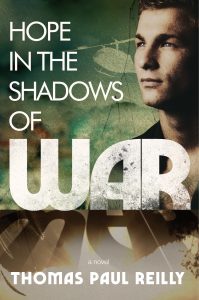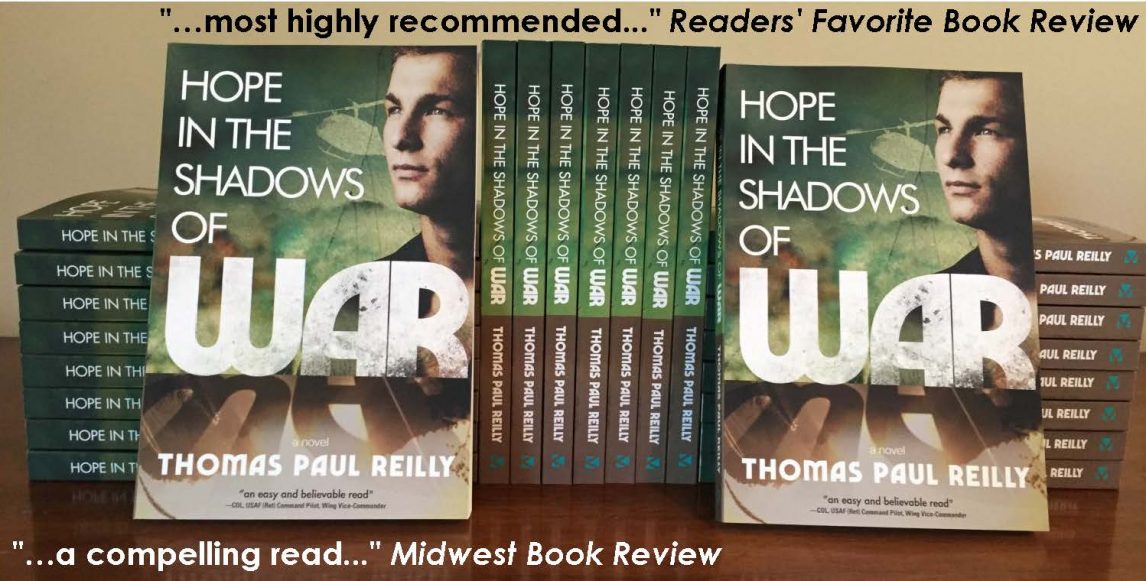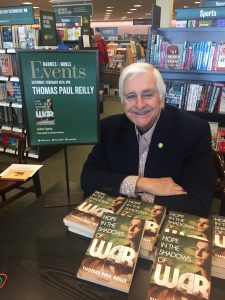 The Battle of Adversus
The Battle of Adversus
Legend has it that at the dawn of time and in the cradle of civilization, opposing forces met on the fields of Adversus in the primeval battle for the minds, bodies, and spirit of humanity. A horrific battle—relentless and fierce—raged for seven suns. Bodies blanketed the blood-soaked soil. Cries of the wounded muffled the thunderous sky. Death’s sweet smell of rotting flesh welcomed the suffering souls. The curtain of bitter-tasting air, saturated with the humidity of blood, hung heavy and motionless as the dead lie sleeping.
As the eighth sun rose, enemy commanders met at the center of the battlefield. Eados commanded the oppressors—the legions of despair. Dochas commanded the liberators—the warriors of hope. They stood a breath apart. Eados gazed into Dochas’ eyes and saw the light of his nemesis, hope. Dochas stared into Eados’ eyes and saw the darkness of the great abyss, despair.
Eados stretched his arms over the land and pillars of fire rose to the sky, scorching everything within sight. Dochas reached to the heavens and torrents of rain smothered the fires, washing the landscape of the ashes of despair.
An infuriated Eados said, “This will never end.”
“I know,” Dochas responded.
They turned and left, knowing they would battle again and forever.
Eados dispatched his legions to the four corners of the world, spreading germs of despair. Dochas commissioned his forces to the four winds, sowing seeds of hope. Each spawned generations of followers to carry out their missions. Eados’ followers became the disciples of despair, leaving hopelessness in their dust. Dochas’ progeny became the guardians of hope, shepherding the human spirit.


Tom, this sounds like a lot of fantasy novels I have read. What was your inspiration for it?
Hi Gene,
Good question. I intended the prologue to demonstrate a context for a struggle that is old as humanity. The setting for the novel is 1973, St. Louis, MO. It is a story of what it was like to return from the Vietnam War, especially at that time. The struggles of the protagonist are timeless, yet there is a connection to the prologue toward the end. You might loosely call this a sub-genre of magical realism but it is not fantasy.